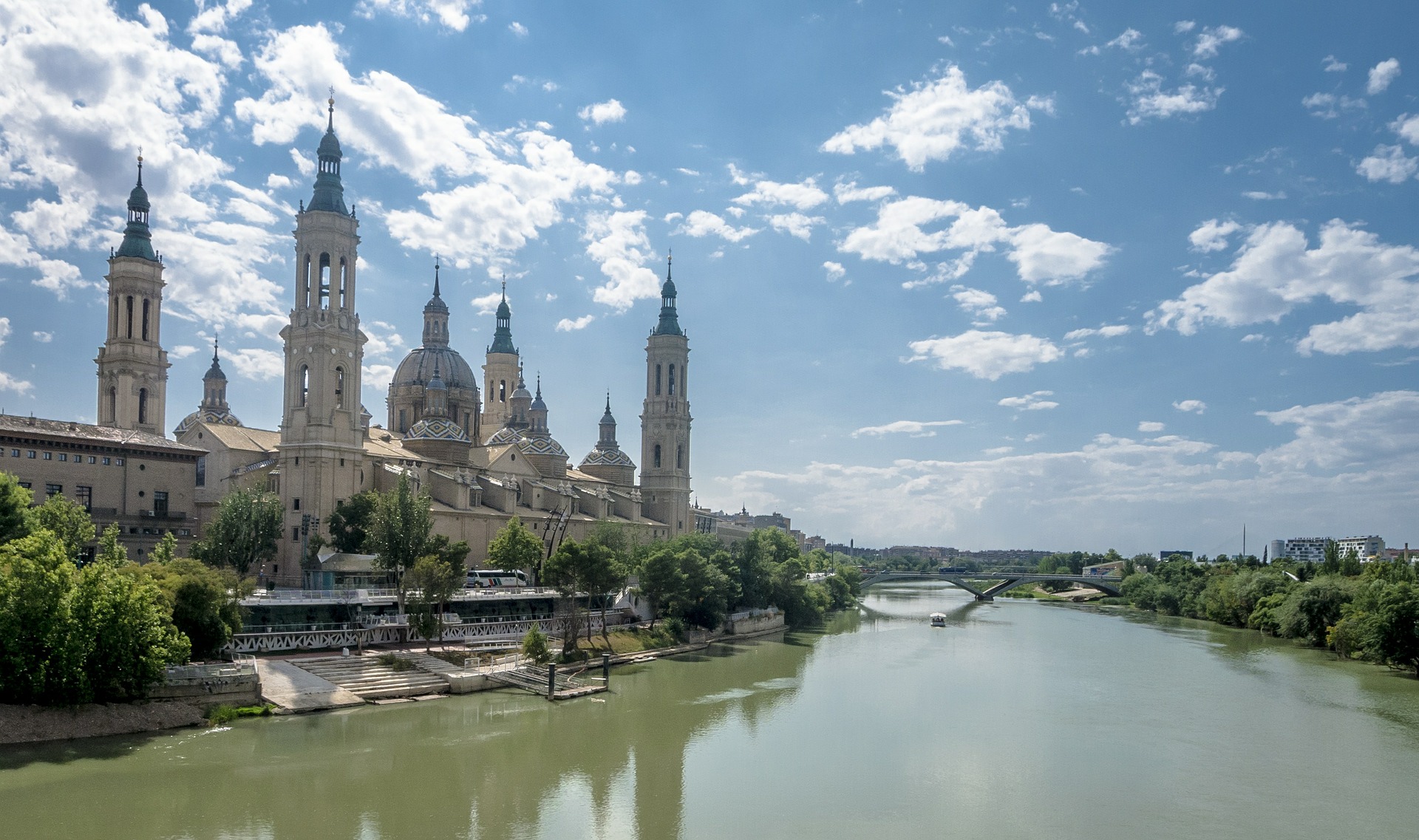
Aragón
Inheritance tax Aragón
Aragón has its own inheritance tax regulations as a result of the Spanish state ceding the tax revenue of inheritance and gift tax to Comunidades Autónomas, along with some regulatory autonomy to adapt tax to the particular circumstances of the respective Comunidad Autónoma.
This means that most Comunidades Autónomas have ruled new (and huge) benefits compared with those established by the Spanish State.
While the tax scheme and regime is the same in all parts of Spain, Comunidades Autónomas took advantage of the given power to fix higher thresholds, or different rates or direct reductions on the amount to be paid ( and sometimes all of these) to benefit close relatives of the deceased or disabled people. Also to promote local business, farming or cultural assets.
Moreover Comunidades Autónomas change their regulations quite frequently so it is necessary to check the regulation in force at the time the tax is due (the day of death).
In Aragón there is a reduction of 100% of the Base Imponible ( the total amount to be acquired) if the beneficiary is the son or daughter of the deceased and is younger than 18 with a limit of 3.000.000 €.
FROM 1ST NOVEMBER 2018, there was a significant modification that extends the benefits to tax payers when the special rules of Aragón are to be applied.
- It extends the minimum acquisition value tax free from 150.000 to 500.000 € ( 575.000 in the case of a disabled beneficiary) for ascendants, descendants and spouse ( additionally, now these benefits can be extended to a grandchild even if that grandchild’s parents are still alive). Also, now, it is not necessary for the existing wealth of the beneficiary to be below 402.000 €. If the son or daughter of the deceased has already died, this benefit can be applied to their own children, the grandchildren of the deceased.
- If the surviving spouse lives with children of the deceased under 18, the reduction limit for the spouse increases by 150.000 € for each child. If the beneficiary is also a disabled person with a grade between 33 % and 65% the limit can reach 175.000 €.
- There is also a benefit than means a percentage can be subtracted from the total amount to be paid ( cuota). This benefit is incompatible with the other kinship reductions.This benefit goes from 20% for successions opened in 2012, to 33% in 2013, to 50% in successions opened in 2014, to 65% in 2015. Also, the same percentage applies for successions opened from 1-1-2016, but for this year it is limited to beneficiaries whose existing wealth is under 100.000 € , and when the inherited amount is also under 100.000 €.
- It increases the reduction in the acquisition by a sibling up to 15.000 €
- In the acquisition of the house that was the habitual residence of the deceased, the reduction of the state law is increased to 100% of its value, and also the limit of the benefit to each beneficiary ( ascendants, descendants, or a spouse) increases up to 200.000 €. The required time for ownership by the beneficiary is reduced to five years.
- The acquisition of an individual enterprise, professional business or share in a company, has a reduction of 99 % if the beneficiaries are , descendants or a spouse, or by their default, ascendants or related in the collateral line up to grade three (siblings, aunts, uncles, nephews, nieces) with the obligation to keep and run the activity within the family for a period of five years.
- Apart from spouses, ascendants, descendants or collateral beneficiaries up to the third grade, the general reduction for the acquisition of individual enterprise, professional business or share in a company, has increased from 30% to 50% ( 70% in cases of «empresas de reducida dimensión»).
- There is now a deduction of 50% of the value of the inherited assets which are going to be used by the beneficiary to create a new enterprise or professional business, either individually or by an incorporated company.
AS FROM 1ST JANUARY 2024 there is a new deduction of 99% for descendants and adopted descendants under 21, which also includes beneficiaries of insurance policies.
An unmarried partnership is equal to that of married couples if the unmarried union is recorded as stated in the law of Derecho Civil de Aragón at least four years prior to the date of death.
- The question now is who can take advantage of these benefits:
- If the deceased was a resident in Spain, the inheritance tax law of Aragón is applicable if the deceased lived there for most of the five years immediately prior to death.
If the deceased had lived longer in another Comunidad Autónoma than that in which they had their last residence, within this last five year period, that Comunidad Autónoma’s rule will be applied.If the deceased was a resident in Spain, but for less than five years at the time of death, no Comunidades Autonomas Law will be applicable, BUT Spanish State Law will be applied. - If the deceased was a non-resident in Spain, BUT the beneficiary is, the tax payer can choose to apply the rule of the Comunidad Autónoma where the most valuable assets are located and, if there are no assets in Spain, the Law of the Comunidad Autónoma where they live.
- In cases where both the beneficiary and the deceased were non-residents, the tax payer can choose the law of the Comunidad Autónoma where the most valuable assets are located.These options for non-residents, are the result of a long process that has evolved in Spanish Law since the European Court of Justice resolution of September 2014.
Any Questions?
successions@inheritancespain.com
Contact us for specific personal advice for your individual case



